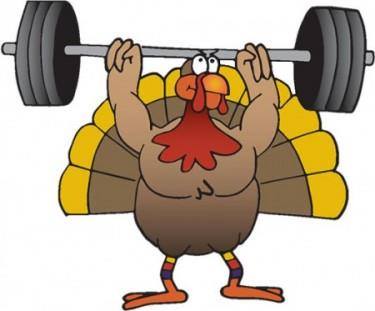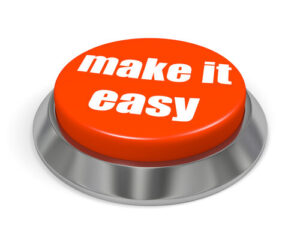Cut out all of your carbs
Don’t eat fats
Flush your gluten down the toilet (be careful with this one).
These are all sentiments that people start getting told when telling people they want to lose weight and start a diet.
Most of the common advice is to make extreme changes, eliminate categories of macronutrients, remove entire food options, and other drastic solutions.
While these things may be effective, it’s often not necessary and commonly leads to a huge weight gain afterwards and a negative relationship with food.
There are other aspects of these kinds of diet solutions that can be hard:
– Avoid foods you enjoy
– Makes social settings challenging
– Eating out or ordering food can be a struggle
– Often requires having your life begin revolve around dieting and the “rules” with it
For some people these changes in nutritional options can be very helpful, so if that’s your case we don’t disagree and say you need to stop – you do you!
However, for the vast majority of people who jump to them as the first option or in a moment of desperation, we’ve got a few suggestions to try and make things a bit easier.
1. Take away unnecessary things.
Now you may be looking at this and thinking
“didn’t you just say we don’t need to remove entire categories?”
We did just say that and we stand by that!
Instead, start to ditch the stuff that you don’t need – at least use less of it.
Things like:
– Cooking oil – sub it in for spray when possible.
– Butter/margarine on bread (especially if you’re adding other condiments)
– Multiple condiments within meals
– Extra sauces
These little things add up and can save some people 100+ calories a day without even noticing it.
*We aren’t saying these things are bad, it’s just that many of the most calorie dense options are things that people can go without – or with less of – and barely notice.
2. Drink more
We had an entire article on managing hunger when dieting and it has lots of tips – and drinking more is definitely one that people miss out on.
Getting in more hydration is great for your health, but also your weight management.
In a lot of cases, people think they’re hungry, but are actually thirsty and cover it up with eating.
Next time you’re hungry, try going with a glass of water to start with.
When you go to have a meal, start off by throwing back a glass of water and you may notice it easier to make better choices within the meal.
It’s important that what you’re drinking be calorie free, so things like water, green tea, black coffee, etc.
3. Cut down on portions – gradually
Without a doubt, this is probably one of the most important things for people – learn portion sizes.
A lot of people don’t like tracking food, keeping tabs on calories, crunching macros, etc.
We get it, and it’s not mandatory.
What is mandatory for weight loss is getting a caloric deficit and for most people that means reducing portion size.
Our preference here is small changes over time.
Normally you eat four scrambled eggs for breakfast? Well go to 3 for the next month.
You usually have two scoops of rice with dinner, go down to 1 and half for the next while.
If you make a few small portion changes at each meal and cut back 100-200 calories for 3 meals a day, you could get a 250-500 calorie deficit each day and see half a pound to pound of weight loss without a drastic change.
This doesn’t require that you track calories or macronutrients – instead it just means you keep a general log of your go to portions and try to progressively reduce them down.
Going off that last point, all of the things we listed above are small changes.
Small changes add up – especially over the long term.
For a lot of people, being able to make a drop in 250-500 calories each day of simple changes that don’t affect them can have a profound impact on their weight and health.
Now the tips we provided aren’t ones that are going to help you drop 7 pounds in 3 days – and that’s because those diet tips are ones that set you up for failure and further regression.
Our body of information on nutrition is pretty solid that short term results fade quickly, but long term sustainable changes can last, which is why all of those are focused on that.
When you start off, it can be easy to want to go full in and try to do everything possible, but that can lead to burn out.
Go slow, keep it off, and get more complicated after a few months when things slow down (if you need to).
Use that nutrition and layer it on with a good training plan and you’re set up to make forward progress!
The Citizen Athletics Team,
Sam


